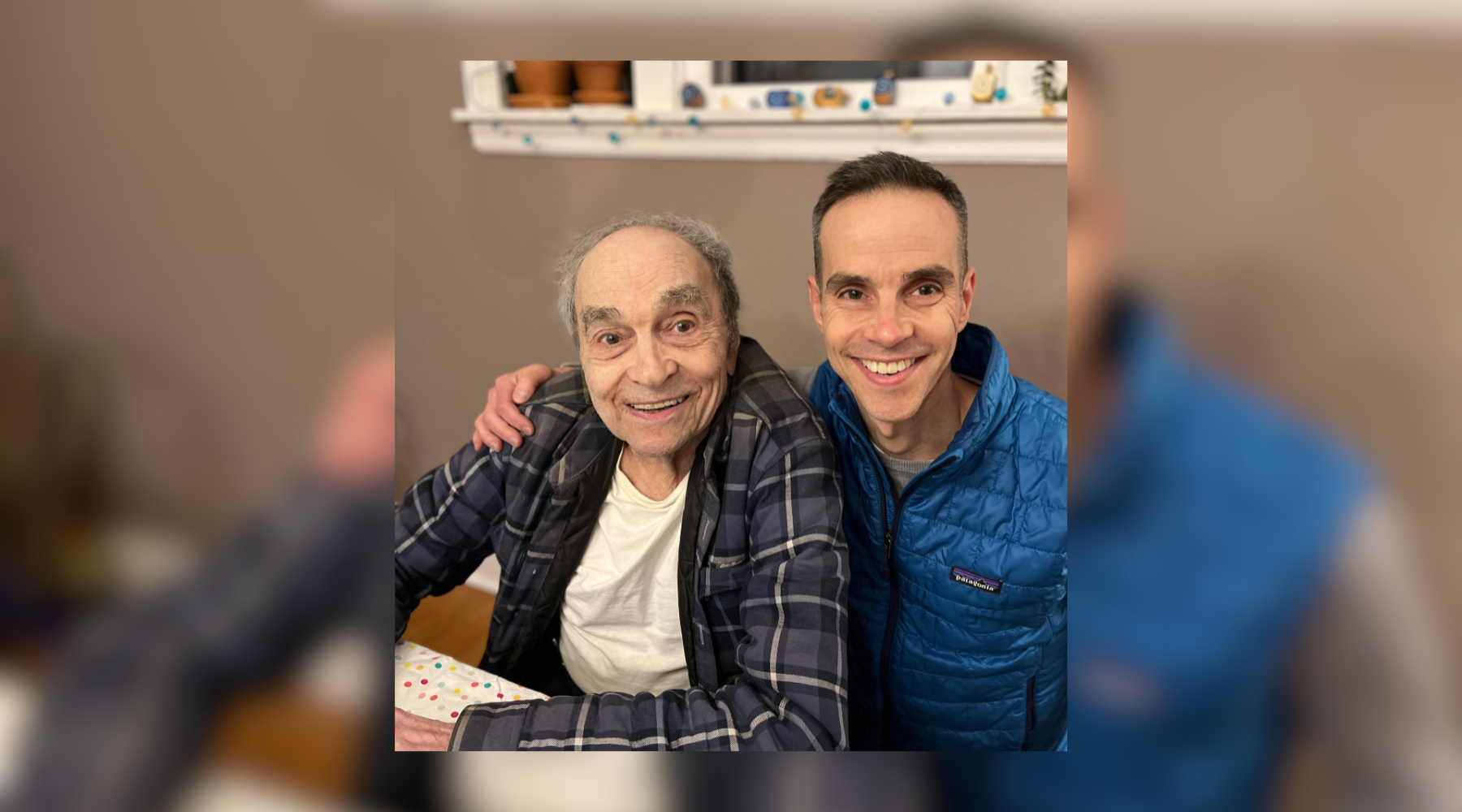Outside of Aspen, Colorado, there’s a rock-climbing route that bears my father’s name. Like just about everything associated with Dad, the route’s name is clever. And, just as fitting, it’s tough.
This ascent was perhaps Dad’s greatest challenge as an alpinist. So, when he conquered it, whoever bestows these monikers did themselves – and my father – proud.
They named the climb Cohen’s Last Problem.
For most of his life, Dr. Mike Cohen loved nothing more than taking on hurdles others saw as insurmountable. As a graduate student, he earned his Ph.D. under Dr. Richard Feynman, who’d go on to win the Nobel Prize in Physics. Later, Feynman remembered how he’d given up on a particular set of calculations because he’d decided they were “too hard.” However, Feynman said that my dad “found they weren’t as hard as I thought” and cracked them.
Dad later did a postdoctoral fellowship under Dr. J. Robert Oppenheimer, father of the atomic bomb. He then spent four decades as a physics professor at the University of Pennsylvania.
My father did not suffer fools gladly. His former students recall Dad referring to them as “idiots” while they sweated through difficult calculations under his glare. Similarly, when my brother, sister and I failed to clear bars he placed at heights that proved unreachable, we bore the brunt of his frustrations.
As Dad aged, he mellowed. At least toward us. Still, I wouldn’t exactly say he went gently into the good night. No, whenever possible, he continued to rage against the dying of the light.
A few months shy of his 75th birthday, he shattered his heel and fractured three vertebrae when he lost his grip and fell 25 feet in a climbing gym. (Contrary to gym rules, he was not roped in.) But soon enough, he was back at it.
When a young climber witnessed Dad, then 78, make a daunting ascent in Philadelphia’s Wissahickon Valley Park without a rope or any other form of protection, the climber wrote on his blog that he was “speechless. Here was a guy, older than my grandfather, crushing a 30-foot highball.”
Dad continued to climb into his late 80s. But, finally, time grounded him. And it was around then that he began to recede into himself.
It’s difficult to say what drove this change. Perhaps it was the loss of peers, almost all of whom he outlived. With his social network withered, he no doubt ached with loneliness. And it couldn’t have been easy when his body, which had defined him in so many ways, betrayed him.
I last saw him in late June, a week before he died at the age of 94. Never heavy, he had dropped about 50 pounds. A machine whistled in the background as it pumped oxygen through the nasal cannula that sat on his upper lip.
Once a man of many words, he spoke very little, simply listening from his recliner as my wife, my son and I took turns attempting to amuse him. I don’t know if we succeeded, but we tried.
These moments, I realized, would be our last together. I wondered what he was thinking. Was he frightened? Did he have any wisdom he wanted to impart? Were there things he wished he’d done differently?
I didn’t ask. I figured that if he had anything he wanted to share, he would do so.
He didn’t.
When it came time to leave, I gave him a kiss. I searched for the words to put a bow on our long, complicated relationship. But I came up empty. So, I just told him I’d see him soon.
He raised his eyebrows.
Perhaps he was calling my bluff. Or maybe he was gently acknowledging what we both knew. That I was lying.
I took a few minutes to say goodbye to his caregiver, then peeked my head back in the living room. He was watching TV, the volume blaring. Some old Western, I think.
I hoped that in his head, Dad had gone somewhere else. To a chalkboard, deciphering an integral. To his office, helping a protégé do the same. Or maybe to a rock wall, defying gravity one last time.
–
Adam Cohen is senior vice president and general counsel at the Oklahoma Medical Research Foundation. He can be reached at contact@omrf.org.



